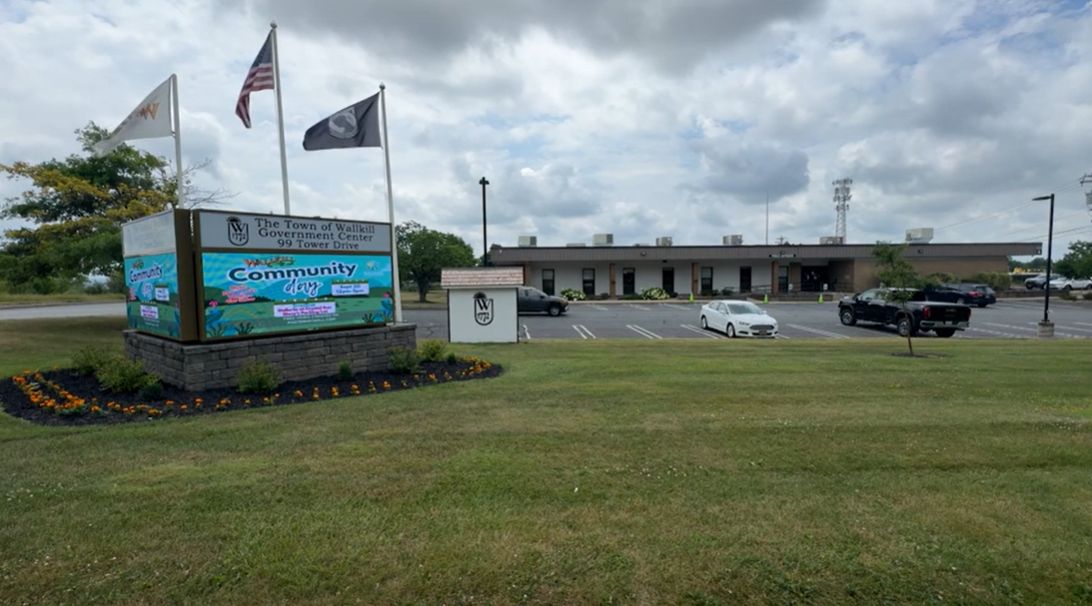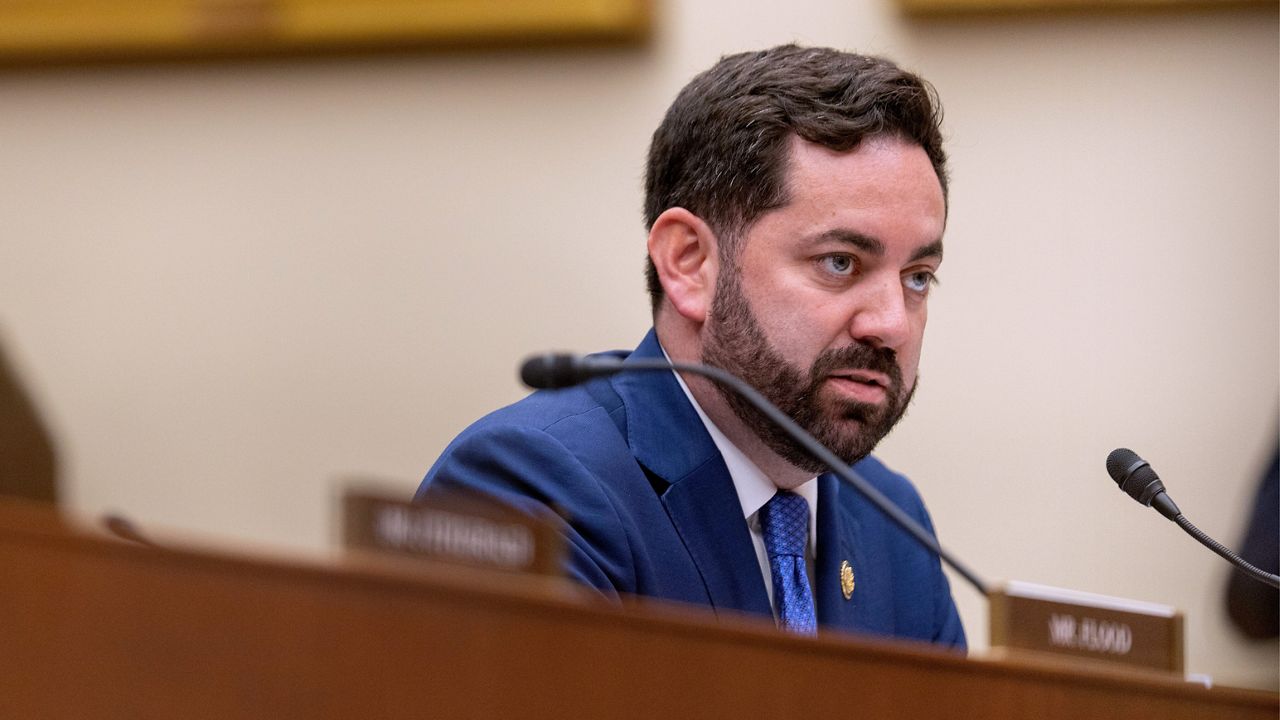Indigenous families from the Guatemalan department of Petén are struggling through the winter in Kingston, so much that some are starving, according to numerous volunteers and immigrants themselves.
Disorganization and a lack of Spanish-speaking volunteers among local non-profit groups is apparently compounding their plight.
The families, who all hail from one village outside of the northern Guatemala city of San Luis, have been trickling into Kingston at a rate of about two or three families per week while they await word on their recently-started asylum cases, according to multiple sources.
"I don't know have a way to pay my rent, or pay for food," said 'Alberto,' an asylum seeker from Petén who came here with his 13-year-old son.
Several who have made the trip to Kingston from Petén have told Spectrum News the families usually split up (temporarily) to be better able to afford a "coyote" to guide them the 1,800 miles from Petén to the U.S. Coyotes typically charge thousands per person, per trip.
When a Spectrum News reporter spoke with Alberto in late February, Alberto was waiting outside the Sunoco gas station on Broadway, along with about 15 others, hoping for a contractor to offer him an odd job. At this point in the winter, when work is scarce, Alberto said he would be satisfied with an offer of $80 for 12 hours of work, especially since he'd had just one meal in the prior three days.
Once across the U.S.-Mexico border, the families immediately go to an immigration office to declare their intentions to apply for asylum before an acquaintance — who is from Petén but currently living in Kingston — pays for a bus ticket to Kingston, several of the asylum seekers said.
They are waiting in Kingston while their asylum cases play out, a process that could take up to two years. During this time, they live among several homes in Midtown Kingston.
Usually, five families share a five-bedroom home, and each are charged between $300-400 rent per month.
When asked how he plans to pay rent and beat starvation, Alberto replied: "I don't know what to say to that. As I said before, I go out looking for work. If there's no work, there's no money, and I can't do anything."
Local non-profits and community groups are overwhelmed, too. Volunteers with the Ulster Immigrant Defense Network have taken a leading role in helping the Guatemalans, but have floundered as of late.
UIDN Co-founder Frank Algna said last Friday over the phone that the asylum seekers are "living a horrendous experience" and he can see it "getting even worse."
When Spectrum News mentioned numerous claims of starvation among the Guatemalans, Alagna said to "please call the help line and we will make food available."
The UIDN help line went unanswered when a Spectrum News reporter called it on two occasions.
Alagna said there are not enough Spanish-speaking volunteers to man the help line.
"It goes really deep, what they have to go through in order to find their place here," independent volunteer Myrna Capaldi said while preparing about 30 asylum seekers for a legal intake in October.
Capaldi spends about four hours a day helping the Guatemalans with health insurance, enrollment in school and clothing.
At any one time during the work week, a newly arrived family may be found waiting outside Capaldi's Midtown office for guidance.
While the UIDN relies most heavily on "word of mouth" to inform the asylum seekers about available services, only word about Capaldi has circulated. Very few had even heard of the UIDN, even though it is the UIDN who provides transportation to their regular mandatory check-ins with ICE in New York City.
"I know Señora Myrna," said one man outside the Sunoco while others nodded their heads.
When asked whether he and others outside the Sunoco had received informational literature, been invited to informational meetings or were ever visited by UIDN volunteers when they first got to Kingston, they shook their heads, signaling 'no.'
Capaldi said she has referred about 48 families to the UIDN for various services, adding that about 10 of those families, "for some reason or another," are no longer getting services from the UIDN.
"I'm trying to bring enough awareness in the community what's going on," Capaldi said, "because everybody has their own take on what's going on."
Below are numbers and links to community groups in Kingston who deal with immigration policy and support, and may be in need of volunteers, food, and money:
The Ulster Immigrant Defense Network (UIDN)
-provides transportation to mandatory ICE check-ins, provides emergency financial assistance
-(888) 726-7276
Nobody Leaves Mid-Hudson
-provides training for new activists, works with municipalities to shape policy toward immigrants and other groups that may be marginalized
-(845) 481-0703
New York Immigration Coalition
-connects immigrants with legal and health services, provides guidance to newer grassroots groups
-(800)-566-7636









